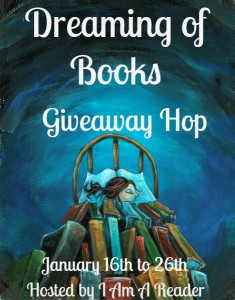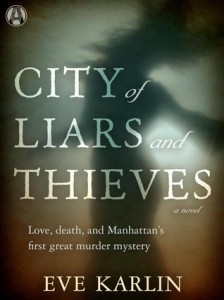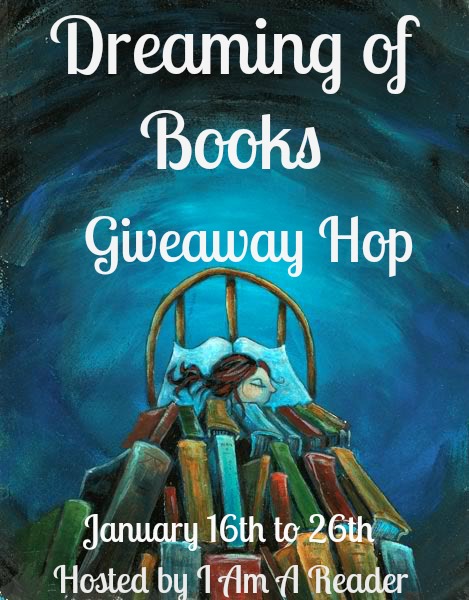 Format read: ebook provided by the author via NetGalley
Format read: ebook provided by the author via NetGalleyFormats available: ebook
Genre: science fiction romance
Series: Phoenix Adventures #2
Length: 179 pages
Date Released: July 14, 2014
Purchasing Info: Author’s Website, Goodreads, Amazon, Barnes & Noble, Kobo, All Romance
He lost it all.
His career, his woman, his sanity.
Two years ago, on a deadly mission to the lawless Devil’s Nebula, Commander Zayn Phoenix’s life imploded. Now the former Strike Wing pilot fills his days with dangerous adventures alongside his treasure hunter brothers.
But his nights are another story: haunted by nightmares of one unforgivable act.
Until an assassin lures him into a hunt. A hunt for her freedom from the Assassin’s Guild. A hunt for a derringer used in an ancient and infamous assassination—of old Earth president, Abraham Lincoln.
Zayn is compelled to join the perilous adventure with Ria Dante that will take them straight into the heart of the Devil’s Nebula, but not for money, fame or treasure.
He joins because Ria has the face of the woman he left for dead in the Nebula years before.
My Review:
This is a book to read for the sheer fun of it. And if you are a Firefly fan, also for the extra dose of Firefly-like space-western nostalgia. The Serenity cut a much wider swath through SF and SFR imaginations than would be expected for a show that had such a short run, and it’s awesome.
But don’t let my squeeing about Firefly dissuade anyone who hasn’t watched it. This story definitely stands on its own. But if you watched the show, the sense of it in the background warms the heart.
The Phoenix Adventures are space opera of the mercenary treasure hunter type. (If you like Phoenix, try Ruby Lionsdrake’s Mandrake Company for a similar feel)
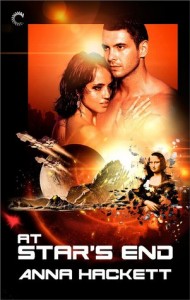 The Phoenix brothers, Dathan, Zayn and Nik, are professional treasure hunters. It seems to be a family business, and we see a bit more of the rest of their family, and the family’s operation, than we did in the first book in this series, the awesome At Star’s End (reviewed here).
The Phoenix brothers, Dathan, Zayn and Nik, are professional treasure hunters. It seems to be a family business, and we see a bit more of the rest of their family, and the family’s operation, than we did in the first book in this series, the awesome At Star’s End (reviewed here).
But Star’s End was Dathan’s story, and In the Devil’s Nebula is Zayn’s. In the first book it was obvious that Zayn wasn’t happy about something that happened before he rejoined his brothers. Zayn is their pilot, and he used to be a military pilot. Now something is eating him that caused him to leave the service.
Zayn misses flying fast and far. He misses the adrenaline. But something went very, very wrong on his last mission, and he can’t find a way back from it. Until a new rival turns into a new client, and forces him to return to the scene of his biggest regret.
Ria Dante is a member of the Assassin’s Guild, and she wants out. Membership in the Guild is essentially life-long slavery, and Ria has had enough. She doesn’t even like killing people unless it’s necessary, but the Guild raised her from infancy and she’s supposed to owe them her life. Until she dies on a mission somewhere.
Instead, Ria concocts a plan to steal one of the Guild’s most famous artificacts, the gun that killed Old Earth President Abraham Lincoln. (This gun really exists and is part of the museum collection at Ford’s Theatre). Ria’s plan is to offer the gun back to the Guild in return for her freedom.
Of course, she has to steal it first. And for that, she needs the Phoenix Brothers.
The plan is almost over before it starts. Because Ria is the spitting image of the mistake that Zayn can’t get past. Zayn had feelings for his fellow Strike Wing pilot, Viktoria. But when they were captured by the Assassin’s Guild on their last mission, Vik was raped and tortured. By the time Zayn managed to escape his captors, Vik was too broken to move. She asked for a mercy shot, and Zayn gave it to her. Saving her hours if not days of continued torture before her inevitable death.
He’s never gotten over it, not just what he did, but what might have been. Ria is a stark reminder of the woman he cared for and failed.
Zayn can’t help but want to act on the feelings that he had for Vik with her doppelganger. But Ria wants to be loved, or even just wanted, for herself. No one wants to know they are a stand-in for someone else.
The mission to free Ria takes priority, but Zayn finds himself falling, not for the woman he used to know, but the person that Ria is in the here and now – a woman who may look like Vik, but doesn’t act like her.
And just when they think they may finally have a way to finish the mission, they make a discovery that changes everything they thought – about each other, about themselves, and about the Assassin’s Guild that is hunting them to the far reaches of the galaxy.
Escape Rating A: This has been my week for SFR, and I have to say that they have all been marvelously fun reads.
There is an element of serendipity or coincidence that made one of the central puzzles in this book very similar to one in yesterday’s book, Through the Static by Jeanette Grey. It made it easier than it should have been to guess what the big secret was, but the way that Zayn and Ria find out was still an emotionally gripping scene. (Just because I knew definitely doesn’t mean they did).
One of the terrifically fun characters in this story is Lastite Lala, a 15 year old explosives savant. Also more than slightly bonkers. Lala lives on a planet that has a culture much like that of the American West. It is a desert, people mostly ride horses and have farms or ranches, and whoever settled this place decreed “no advanced tech” and managed to enforce the edit. Very Firefly space-western-esque, and Lala is oodles of crazy fun.
Then there’s the romance. This is one of the few cases where the insta-love thing works. In fact, Zayn has to fall out of love with Vik so he can fall in love with Ria, even while he thinks they might be the same person. So he has to convince Ria that she is the woman he sees and is making love to, and not the ghost of the pilot Vik. He screws up fairly often, Ria has no experience with relationships, and they have a lot to figure out as they go along. Only to have it all blow up in their faces at the end.
In the Devil’s Nebula is a tremendously fun SFR romance/caper with a lot of heart. I had so much fun with this one that I bought the rest of the series!

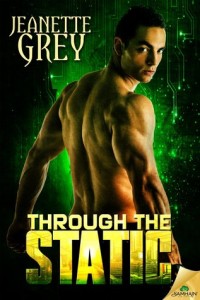
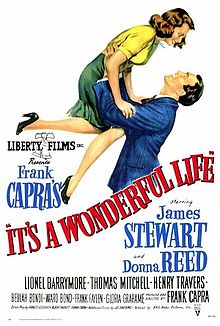 Namely, It’s a Wonderful Life.
Namely, It’s a Wonderful Life. About Jeanette Grey
About Jeanette Grey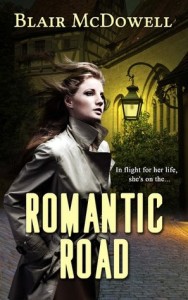


 If Lara Croft (Tomb Raider) and Indiana Jones had a love child, it would be Ayesha Ryder. After her first hair-raising adventure (Ryder, reviewed here) Ayesha is still following T.E. Lawrence’s clues to where he hid the Ark of the Covenant.
If Lara Croft (Tomb Raider) and Indiana Jones had a love child, it would be Ayesha Ryder. After her first hair-raising adventure (Ryder, reviewed here) Ayesha is still following T.E. Lawrence’s clues to where he hid the Ark of the Covenant.

